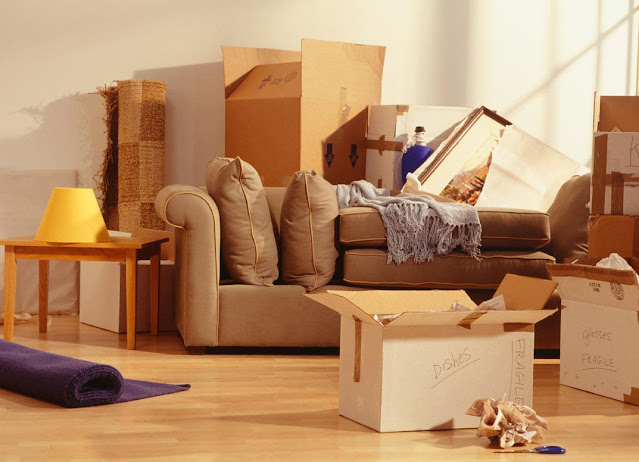What to Do with Your Old Furniture, Appliances, and Electronics
When it comes to upgrading your furniture, appliances, or electronics, the question of what to do with the old items often arises. Instead of letting them gather dust or contribute to landfills, there are various responsible and creative ways to handle these items. This guide will walk you through a range of options, from environmentally-friendly disposal methods to opportunities for donation, recycling, and repurposing. Whether it's an old sofa, a refrigerator, or outdated gadgets, you'll find practical solutions that not only declutter your space but also contribute positively to the environment and your community.
What to Do with Your Old Furniture, Appliances, and Electronics
Are you wondering about the best ways to handle your old furniture, appliances, and electronics? You're not alone! Many people face this dilemma when upgrading their homes. Fortunately, there are several sustainable options available to you.
1. Donate to Charitable Organizations
One of the most fulfilling ways to part with your old items is by donating them to charitable organizations. Furniture, appliances, and electronics in good condition can significantly benefit individuals and families in need. Reach out to local shelters, community centers, or nonprofits to find out if they accept such donations.
2. Sell or Trade-In
Consider selling or trading in your old items if they're still in usable condition. Online platforms and secondhand stores provide excellent avenues for selling furniture and electronics. Additionally, some appliance stores offer trade-in programs, allowing you to exchange your old appliance for a discount on a new one.
3. Repurpose and Upcycle
Unleash your creativity by repurposing or upcycling your old furniture and electronics. Turn an old wooden door into a unique coffee table, or transform outdated electronics into quirky decorative pieces. The possibilities are endless, and you'll be contributing to reducing waste in the process.
4. Recycling Centers
For items that have reached the end of their usable life, recycling is the way to go. Look for local recycling centers that accept furniture, appliances, and electronics. Many components can be salvaged and repurposed, preventing them from ending up in landfills.
5. E-Waste Recycling
Electronics contain valuable materials but also hazardous substances. To ensure their responsible disposal, find certified e-waste recycling facilities. They will dismantle and recycle electronic components safely, minimizing their environmental impact.
6. Organize a Yard Sale
Gather your neighbors and friends for a yard sale. It's a fun way to declutter while making some extra cash. Advertise your sale through social media and local platforms to attract potential buyers.
FAQs
Can I recycle electronics on my own?
While some electronics can be disassembled at home, it's recommended to take them to certified recycling centers. These facilities have the expertise and equipment to handle e-waste safely.
Are all charities willing to accept old appliances?
Not all charities have the capacity to accept appliances. It's best to contact them beforehand to inquire about their donation guidelines.
What are the benefits of upcycling furniture?
Upcycling furniture not only reduces waste but also allows you to create personalized, one-of-a-kind pieces that suit your style.
Are there any tax benefits to donating?
Yes, in many cases, donations to registered nonprofits can be tax-deductible. Be sure to ask for a receipt when donating.
How can I ensure my e-waste is recycled responsibly?
Look for recycling centers that are certified and follow environmentally friendly practices. They should have a clear process for handling hazardous materials.
Can I donate broken electronics?
Some organizations may accept broken electronics for repair or recycling. Check with local repair shops or e-waste recycling facilities.
Conclusion
When faced with the question of what to do with your old furniture, appliances, and electronics, you now have a wealth of options at your fingertips. From donating to repurposing, recycling to trading in, each choice contributes to a more sustainable future. By following these responsible practices, you can declutter your space while making a positive impact on both the environment and your community.




Comments
Post a Comment